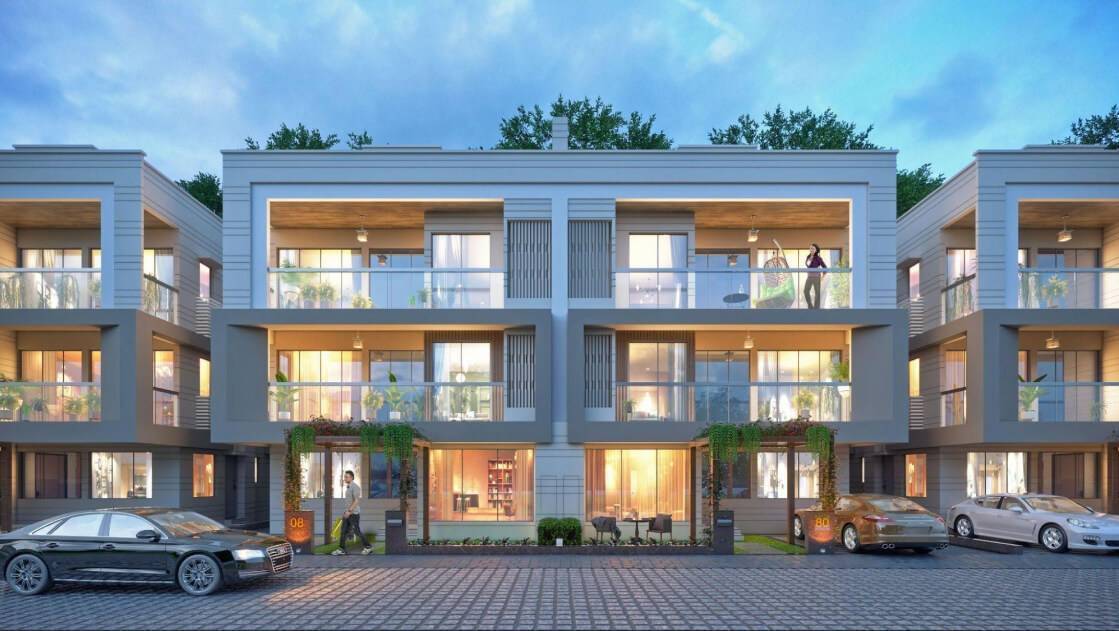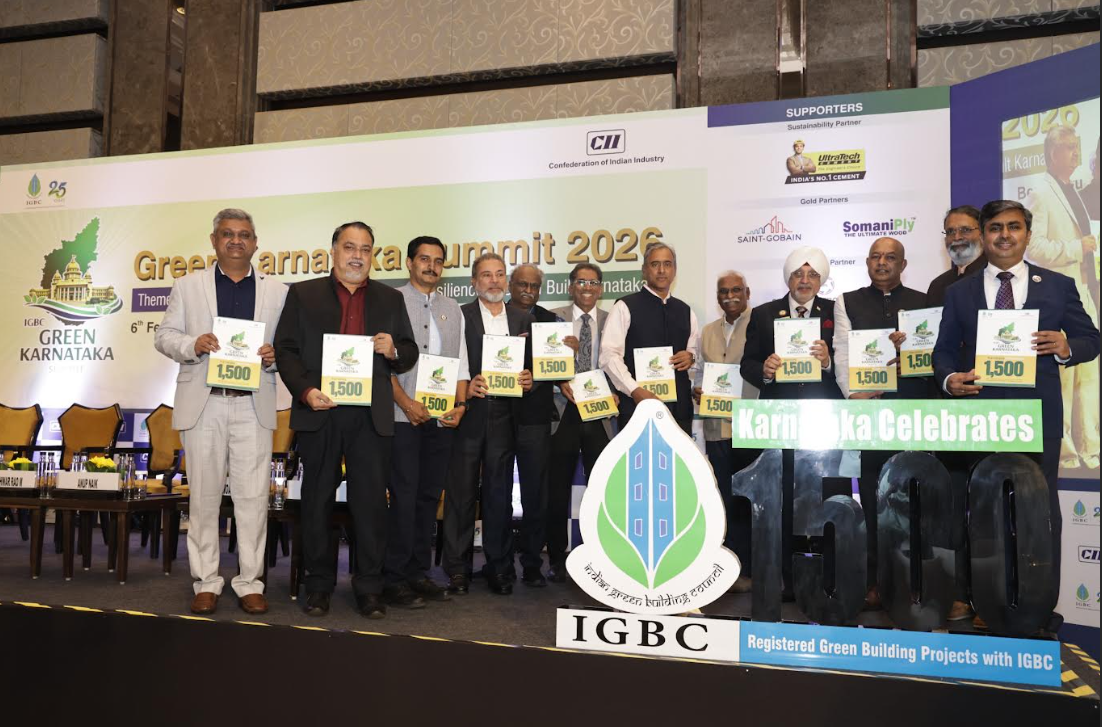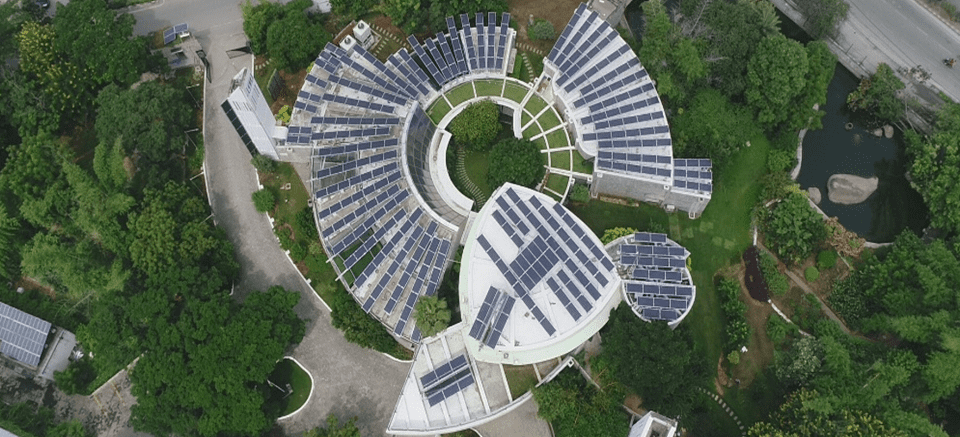In Chandigarh, compliance with mandatory rooftop solar installations for homes on plots of 500 square yards or more remains low despite concerted administrative efforts. With the recent deadline approaching, only about 820 homeowners had submitted applications for rooftop solar systems, and installations were completed in approximately 270 homes. This figure is notably low given the estimated 6,408 houses that meet the size criteria, indicating that fewer than 20% of eligible properties are participating, with an even smaller number fully compliant.
In early September, the Union Territory (UT) estate office issued resumption notices to over 4,000 homeowners, providing them a final two-month window to comply with the solar mandate. This followed multiple past warnings and extensions from the administration, including a “last and final” extension ending in March 2021. The enforcement move aims to push Chandigarh closer to its renewable energy goals, though it has also sparked backlash from homeowners and political leaders, especially among those who face financial constraints.
The primary barrier for many residents has been the cost of solar installations, which can be prohibitive for those on fixed incomes. The central government launched the 'PM Surya Ghar – Muft Bijli Yojana,' a subsidy program intended to offset costs and encourage adoption, yet uptake has been slower than expected. City MP Manish Tewari and resident groups have highlighted affordability as a major concern, arguing that even with subsidies, many families find the initial investment beyond reach.
There are also challenges tied to structural limitations in certain buildings, which may require additional modifications before solar panels can be installed. These adjustments often raise the installation cost and complexity, further deterring some homeowners from participating.
In response, the Chandigarh Renewable Energy and Science and Technology Promotion Society (CREST) reported a recent influx of applications, with around 200 received just one week before the deadline. This uptick followed a directive from UT Adviser Rajeev Verma, who oversees the PM Suryaghar scheme’s implementation in Chandigarh. In September, Verma instructed the Deputy Commissioner to take a firm stance on compliance by issuing property resumption notices to non-compliant households, hoping to improve adoption rates.
Despite this strict approach, the UT administrator offered some flexibility, allowing temporary relief to homeowners who applied during the notice period. The administration maintains its commitment to enforcing compliance, but this relaxation may provide the time some homeowners need to finalize installations without facing immediate repercussions.
The decision to issue resumption notices met with resistance from resident groups and political figures. Critics argue that the stringent enforcement measures overlook practical challenges like affordability and structural constraints, calling for alternative policies that consider individual household needs. Some residents and officials advocate for further extensions or tailored support programs to make the transition to solar energy more feasible for a broader audience.
UT officials stress that the previous extensions, spanning over three and a half years since the final deadline in March 2021, should have provided homeowners with ample time to comply. They emphasize the urgency of the city’s renewable energy targets, encouraging eligible residents to take advantage of available subsidies.
The administration’s strong stance reflects a national push for renewable energy, but success depends on balancing enforcement with support. A combined approach of accountability and practical assistance is key to increasing Chandigarh’s solar adoption and meeting its energy goals.









.png)